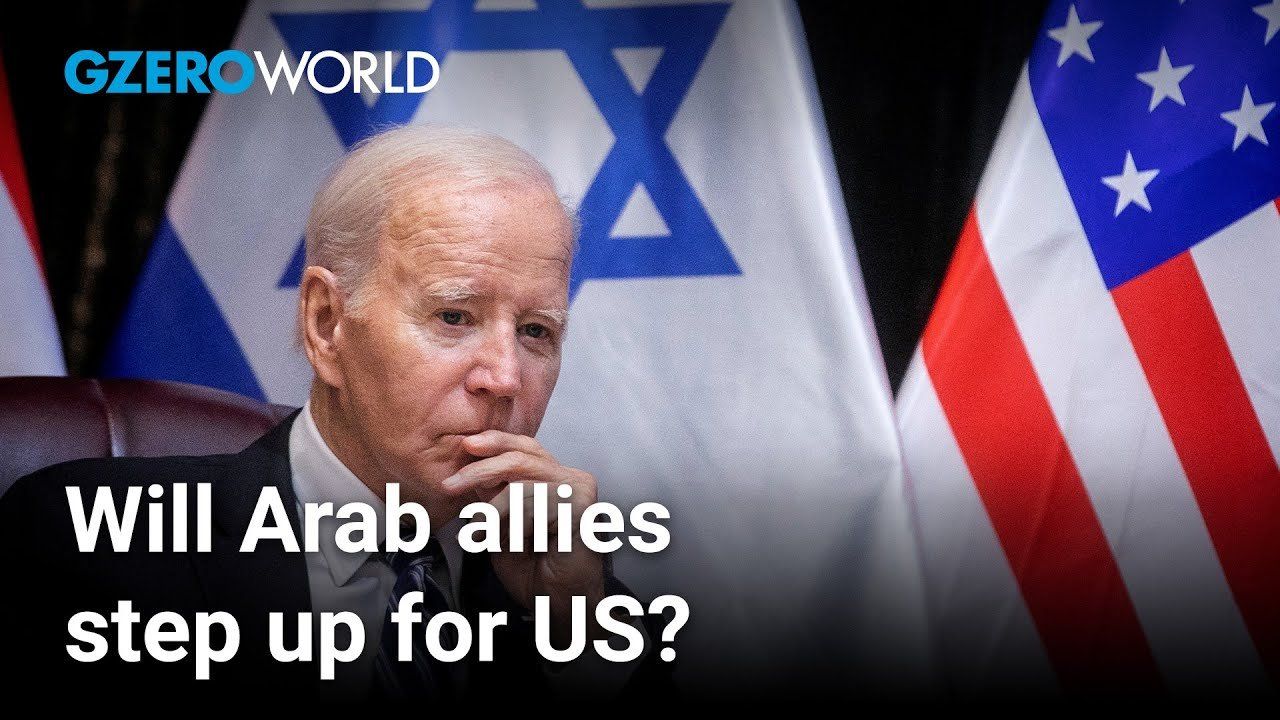GZERO World Clips
Israel-Hamas War: Can the US count on its Arab allies?

Israel-Hamas War: Can the US count on its Arab allies? | GZERO World

Can you count on your partners when the chips are down? That's what President Biden is likely wondering after his trip to the Middle East was severely curtailed. Planned meetings with Jordanian and Egyptian leadership were called off after a devastating explosion in Gaza that now appears to have been the work of an Islamist group aligned with Hamas.
It's a topic that US Democratic Senator Chris Murphy was particularly keen to discuss in his interview with Ian Bremmer, part of a new episode of GZERO World. "This is a moment of crisis," Murphy tells Bremmer. "We need Egypt to be with us and with our friends in Israel and relieve the humanitarian crisis in Gaza. And if they aren't willing to do that, then I think we just have to ask ourselves exactly what is the efficacy of a billion dollars of my taxpayer money going to Egypt when they are brutally repressing political speech, and they are making it very difficult on us when we make requests that are important to us in a situation like this in Gaza."
How will the United States navigate the growing Israel-Hamas war, and what role will its purported allies in the Middle East play in containing that conflict?
Watch more on this episode: America's tightrope walk with the Israel-Hamas war
Indian Prime Minister Narendra Modi and Canadian Prime Minister Mark Carney struck a series of deals during a meeting in New Delhi on Monday, including a 10-year nuclear energy deal under which Canada will provide India with uranium.
The US and Israel have launched a series of strikes against Iran at a moment when the Islamic Regime is at its weakest. Ian Bremmer spoke with Iran expert Karim Sadjadpour in Munich earlier this month to understand the choices the regime and population are facing.
With US forces building up in the Middle East, Trump is betting military pressure will force Iran to bend. Will this turn into a full-scale conflict?
Are we still talking. #PUPPETREGIME